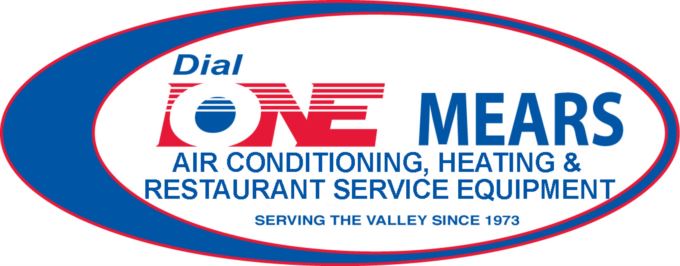
If you’re uncertain whether your Phoenix house has poor indoor air quality (IAQ), it likely does.
We are indoors a lot. In reality, we’re in a building up to 90% of the time, according to the U.S. Environmental Protection Agency. And the air inside houses could be 2–5 times more contaminated than outdoors, which can create long-term health problems.
Most Common Origins of Bad IAQ
We’ve made a list of the most common origins of inferior IAQ, the troubles they create and how you can take care of these indoor air pollutants. If you’re troubled by the air inside your residence, we advise chatting with a pro like Dial One Mears Air Conditioning & Heating Inc about which products are ideal for your house.
Volatile Organic Compounds
Volatile organic compounds, or VOCs, are fumes emitted from everyday household products.
They’re found in paint and stains along with:
- Furniture
- Carpet
- Building materials
- Cleaning products
- Cosmetics
- Air fresheners
- Candles
When these fumes accumulate in your home, they may irritate your eyes, nose and throat. They can also cause headaches and nausea. Regardless of whether your house is in a rural or industrial location, an EPA study found indoor levels of these pollutants can be 2–5 times higher than the air outdoors.
Always adhere to the manufacturer’s directions when using paint or cleaning supplies. Cracking a window can help odors disperse faster.
Air purification systems can also help. This unit partners with your heating and cooling system to clean indoor air. When looking for one, ensure it’s specifically created to wipe out VOCs.
Dust and Pet Dander
Dust and pet dander can aggravate health problems like asthma and allergies, especially when it constantly gets moved by your home’s comfort unit. While you can vacuum more routinely and buy an improved air filter, an air filtration system could be a better match.
This solution hooks to your comfort equipment to give strong filtration. Some types offer hospital-level filtration for eliminating particles and bioaerosols.
Persistent Odors
Newer houses are closely sealed to boost energy efficiency. While this is good for your utility costs, it’s not ideal for your IAQ.
Musty odors can stick around for a greater amount of time as your home is pulling in less fresh air. Because keeping your windows open throughout the year isn’t an option, here are two methods you can make your indoor air smell fresher.
An air purification system is put in your ducts to neutralize odors before they get released again. Search for one with a carbon filter and the power to wipe out dangerous VOCs. This equipment can also help keep your family healthy by wiping out most bacteria and ordinary allergy triggers like pollen and mold spores.
A ventilation system removes stuffy indoor air and substitutes it with clean outdoor air. There are two kinds of systems (heat recovery and energy recovery), so ask our professionals for more details on which type is ideal for your home.
Unsteady Humidity
It’s important your home’s humidity stays even. Air that’s too moist can create mold, while dry air can cause respiratory symptoms.
Our techs suggest 40–50% for ideal comfort. To keep yours in balance, think about getting a whole-home humidifier or whole-home dehumidifier with your HVAC equipment.
In place of having to pull a humidifier from room to room, this solution delivers consistent humidity across your house.
Carbon Monoxide
Carbon monoxide is colorless gas you can’t smell. It’s caused by insufficient combustion in fuel-burning units, like gas heating systems, water heaters or fireplaces.
It presents an extreme health risk. In low levels, it can create flu-like sickness like headaches and nausea. It can be deadly in large amounts.
We advise regular furnace maintenance to double-check your equipment is working like it should. This service allows our technicians to pinpoint issues before they start, including malfunctions that can cause carbon monoxide leaks.
The best way to keep your house free of carbon monoxide is to install detectors. These alarms should be on each floor close to bedrooms and living rooms.
Enhance Your House’s Air Quality with the Dial One Mears Air Conditioning & Heating Inc Experts
Know that your residence has poor air quality but not sure how to enhance it? Or unsure which solution is right for you? Give our friendly HVAC specialists a call at 602-789-3315 or contact us online now. With free estimates and professional service, we’ll help you find the ideal option for your needs and budget.
